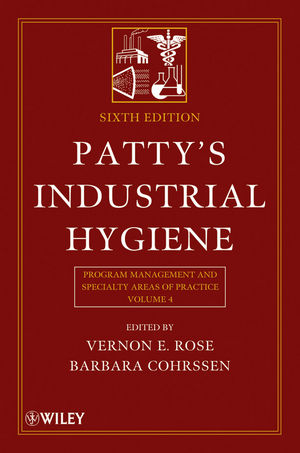Symptoms of industrial deafness

 If you find that you are struggling to hear others speak or often need to turn up the volume on a TV or radio and you work in an environment where the noise level is frequently above the 80dB level, then you may be suffering from a case of industrial deafness.
If you find that you are struggling to hear others speak or often need to turn up the volume on a TV or radio and you work in an environment where the noise level is frequently above the 80dB level, then you may be suffering from a case of industrial deafness.
Industrial deafness is grouped into four main types temporary loss of hearing, permanent loss of hearing, acoustic trauma and tinnitus and the difficulty hearing can be a percentage of full hearing in one or both ears, or if suffering from tinnitus there will be the sensation of external noise when no external noise exists.
Deafness can occur naturally as part of the aging process, for instance, but workers in particular industries or in jobs where noisy tools need to be used regularly will be more susceptible to developing a case of industrial deafness. By determining what level of noise you have been subjected to, over what period will help to establish whether you are suffering from industrial deafness.
Common symptoms of industrial deafness:
- Missing part or full sentences in a conversation
- Struggling to hear speech when there is background noise
- Having to turn up the TV or radio to high levels to hear properly
- Temporary or permanent lack of hearing
- Constant ringing, buzzing, hissing, droning, roaring and ticking noises is a sign of tinnitus
If you are struggling to hear certain frequencies in everyday life and these correspond to the frequencies that are present in your working life, then there is a chance that your hearing problem has been caused by the noise environment in your workplace.
If you find that you answer yes to any of the questions in this section then you may be suffering from industrial deafness or you could be a possible future candidate for a case of industrial deafness.
- If your colleague is approximately 2 metres away from you, do you have to shout to be heard? If so, it is likely that the noise level in the workplace is above 85 dB.
- If your colleague is approximately 1 metre away from you, do you have to shout to be heard? If this is the case it is possible that the noise level is 90 dB or more.
- Do you use tools such as pneumatic drills, angle grinders, impact guns, etc for over half an hour a day?
If you have answered yes to any of these questions then there is a risk of industrial deafness being developed (or already present) because current UK guidelines stipulate that if the noise levels in the workplace regularly exceed 80 dB then there is risk of hearing damage depending on actual noise levels, frequency, duration and ear protection.
Source: United Kingdom Safety and Health Executive (HSE)
Looking for a reprint of this article?
From high-res PDFs to custom plaques, order your copy today!







